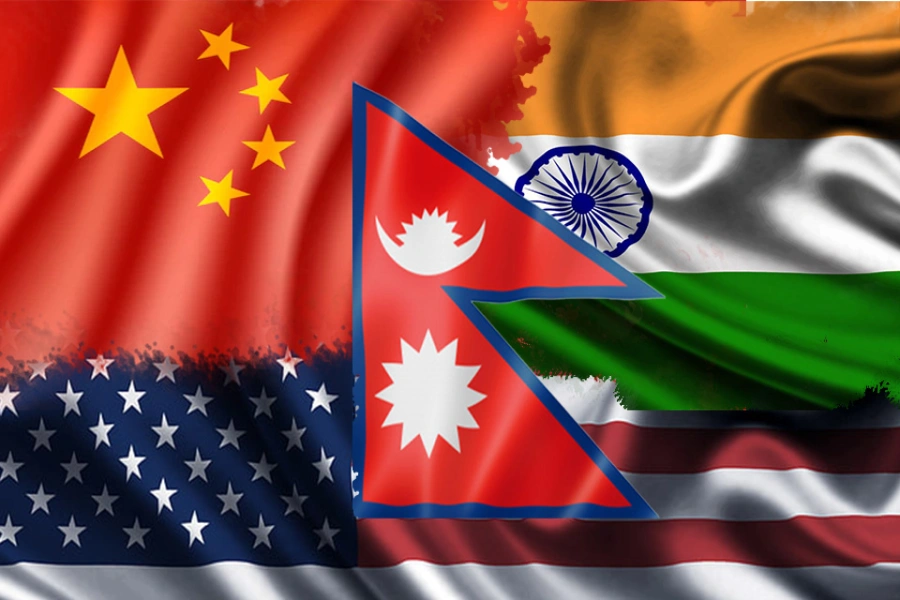KATHMANDU, Nov 5: Nepal is currently the biggest hub for the India-based terrorist group Indian Mujahedeen, the US State Department claimed in its recent report.
Releasing a country report on terrorism, the State Department stated "IM’s stated goal is to carry out terrorist actions against Indians for their oppression of Muslims. IM has also expanded its area of operations into Nepal, which is now the biggest hub for IM operatives."
The Indian Mujahedeen (IM) was designated as an FTO on September 19, 2011. The IM has been responsible for dozens of bomb attacks throughout India since 2005 while causing the deaths of hundreds of civilians.
In its report, the state department said that the IM maintains ties to other terrorist entities including Pakistan-based Lashkar e-Tayyiba, Jaish-e-Mohammed, and Harakat ul-Jihad Islami.
RPP Senior Vice Chairman Mishra refutes US Department of State’...

However, the report stated that Nepal experienced no acts of international terrorism in 2018.
Incidents of domestic terrorism, which focused on voter intimidation or targeted government officials during the late 2017 provincial and federal election season, were less common in 2018, according to the report.
Mentioning that the Government of Nepal attributed most of the attacks to the Communist Party of Nepal (Maoist) led by Netra Bikram Chand, the report said "Nepal’s security services continue to monitor the Biplav Group."
Due to Nepal’s open border with India and insufficient security protocols at the country’s sole international airport in Kathmandu, Nepal has and could continue to be used as a transit or staging point for international terrorists, the report claimed.
The report has incorporated various incidents of bombings in Nepal in 2017 and 2018. One of the incidents mentioned in the report is the explosion of Improvised Explosive Device at a compound wall of India-funded Arun-3 Hydroelectric Project just ahead of its inaugural by Indian Prime Minister Narendra Modi.
In its report, the State Department has pointed out weak security situation at Tribhuvan International Airport, the country's only international airport. "Airport security controls in Nepal are weak and inadequate. Kathmandu’s Tribhuvan International Airport, Nepal’s only international airport, does not pre-screen passengers, and landing data are not entered into any database. Physical security checks of passengers are rudimentary. There is no travel document security and the airport lacks ultraviolet lights to examine documents," said the report.
In the report, the State Department also mentioned the weak security along the Nepal-India border.
"Nepal shares an open border with India. The 1,000-mile border has a few checkpoints, but there is a lack of sufficient security controls; for example, only one immigration official may be present at the checkpoint. Thus, most people crossing the border are neither stopped nor checked, and the crossing points can easily be circumvented to avoid scrutiny. The primary constraint preventing more robust border-control capability is a lack of resources. The security services lack the personnel, technology, databases, basic equipment, and often even electrical power to provide effective border control," it said.






































